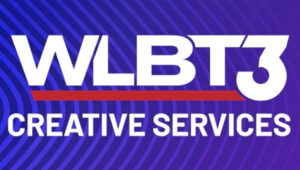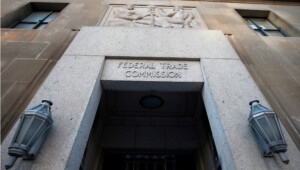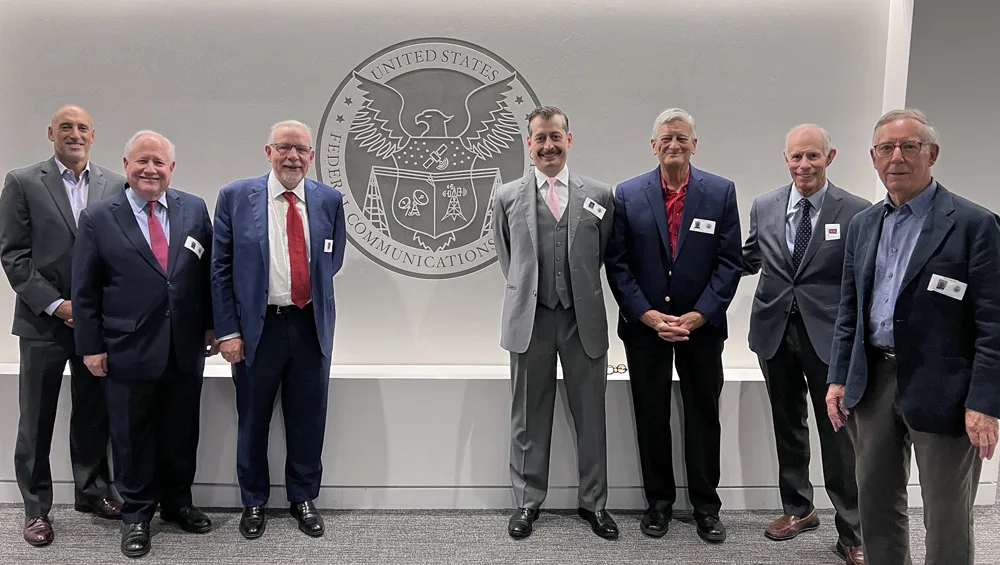
Former Republican FCC Chairman Al Sikes and other representatives of the group demanding that the FCC revoke the license of Fox-owned WTXF Philadelphia visited FCC officials in Washington yesterday to press their case. The Media and Democracy Project (MAD) argues that the Murdoch family that controls the station and Fox News is unfit to hold broadcast licenses because of the news network’s role in promoting Trump’s false claim that he lost the presidency in 2020 because of a rigged election. The contingent (l-r): David Goodfriend, adviser to MAD; Bill Kristol, former editor of conservative, Murdoch-owned The Weekly Standard; Art Belendiuk; counsel to MAD; Milo Vassallo, executive director, MAD; Preston Padden, former Fox executive and Murdoch lobbyist; Bill Reyner, former counsel to Murdoch/Fox; and Sikes.
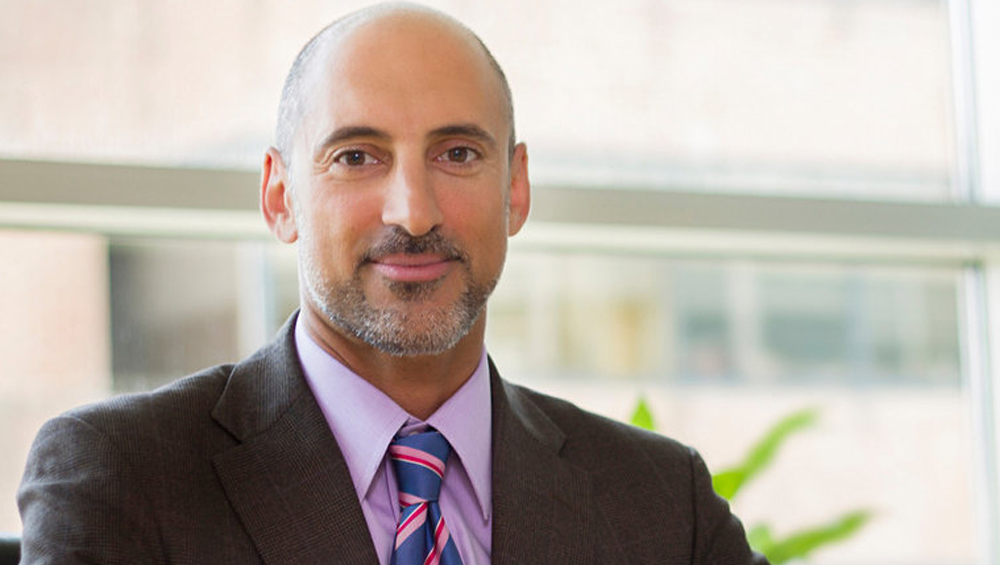
Locast, the nonprofit broadcast TV streaming service that’s a legal target of major US broadcasters, has turned a corner of sorts, according to founder and chairman David Goodfriend. Locast, a service that launched in January 2018 and is now available in 25 U.S. markets, has 1.7 million users nationwide. Locast also has enough paid donors in that group for the nonprofit to attain operational sustainability, he said.

The former Clinton aide and Dish attorney is the latest to go head-on against the major broadcast conglomerates over OTA streaming. You might want to bet on the defendant this time.

David Goodfriend, founder of controversial not-for-profit outfit Locast, said the parent companies of ABC, CBS, NBC and Fox “waited too long” to sue him over the alleged theft of their signal. He also questioned why they didn’t seek a temporary restraining order to halt the two-year-old company’s operations, as they did in the case of Aereo years earlier.
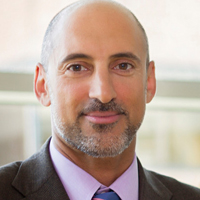
Structured as a nonprofit, the start-up that streams over-the-air TV signals started by lawyer David Goodfriend aims to succeed where Aereo was litigated into oblivion. By giving away TV, Goodfriend is undercutting the licensing fees that major broadcasters charge the cable and satellite companies — a sum that will exceed $10 billion this year.
Blackout Rule’s Real Value Is In Retrans Clout




